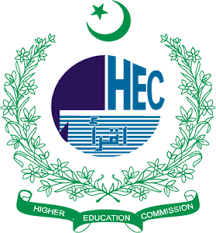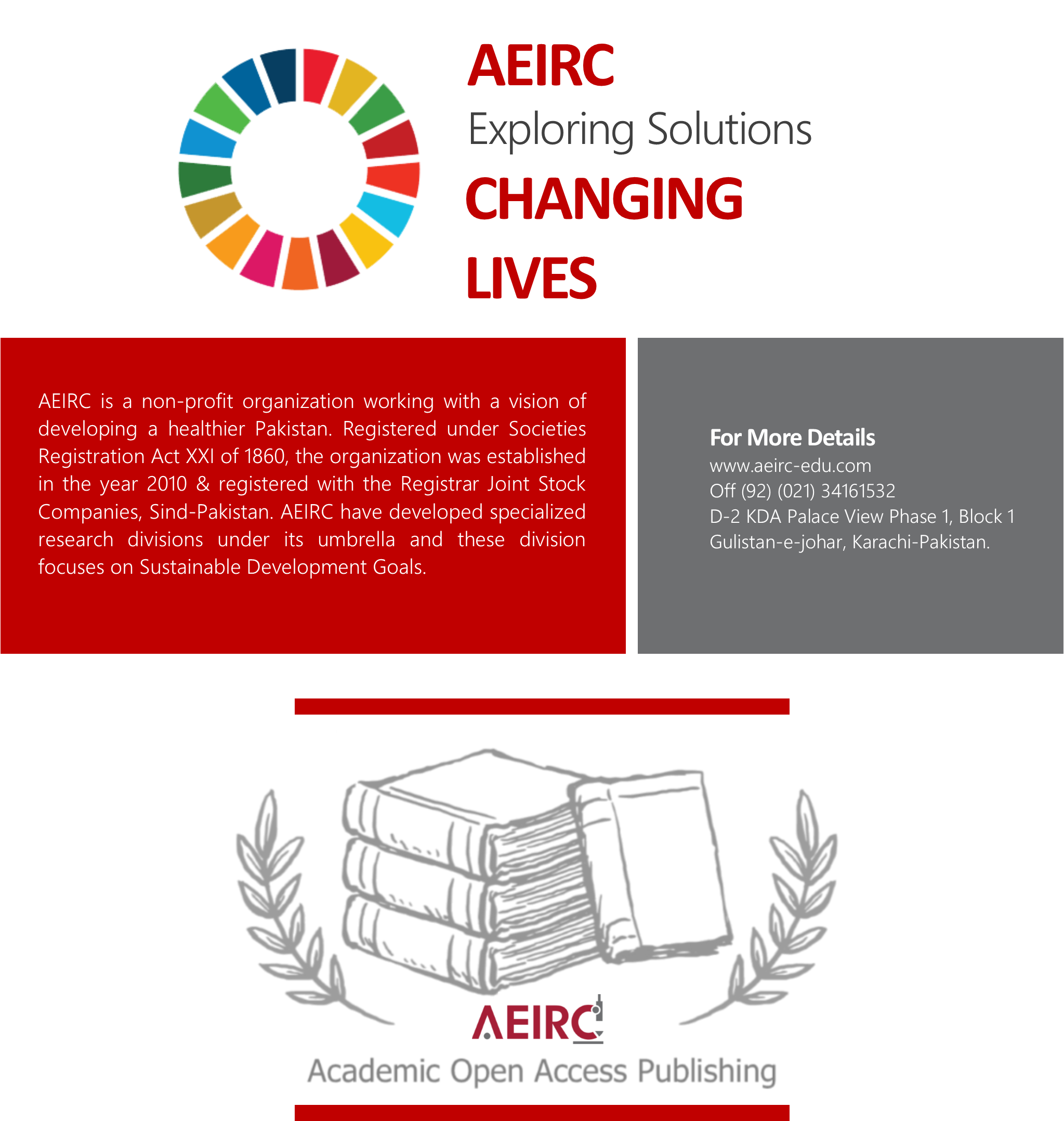The prevalence and perceived impacts of early marriages: A Study on women in Rural Pakistan
DOI:
https://doi.org/10.29052/2413-4252.v3.i1.2017.2-9Keywords:
Early Marriage, Child Marriage, Developing Nations, Pakistan Early Marriage, Women In Rural PakistanAbstract
The prevalence of early marriage has been well documented in developing countries, however women’s own perspectives on the practice are less well recognized. This study sought to explore female perspectives on early marriage in rural Pakistan in order to further understand its immediate origins and outcomes. A total of 56 participants were recruited and interviewed, with an array of probing questions htat investigated the social and cultural context of their marriages. Of those interviewed, 14.3% were married before the age of 15 and 30.4% of women were married between the ages of 15 and 18, indicating that only 55.4% of the respondents were married after reaching the legal age, in Sindh, of 18 years old. Furthermore, 51.8% and 57.1% of women responded “YES” when asked whether their marriage affected their education and health, respectively. Approximately 21.4% of women felt their marriage affected their social life, and 46.4% felt it impacted their professional careers. In determining the cause for marriage, 75% of women agreed that it was largely due to family pressure, and when asked about the cultural context of the marriage, 82.1% of females responded that cultural norms and practices were highly influential in determining their age at marriage. Only 57.1% of women agreed their marriage was by choice, and women who indicated they were satisfied with the marriage also noted they had no choice but to be satisfied. Early marriage is still an extremely prevalent phenomenon in rural Pakistan, especially in rural Sindh, despite the laws forbidding the practice. In order to effectively combat forced child marriage, there needs to be a higher emphasis on gender equality in education that eventually overturns deep rooted cultural norms, and further initiatives that lift families out of poverty and empower women by increasing female autonomy and women’s options outside of their household/childbearing roles.








